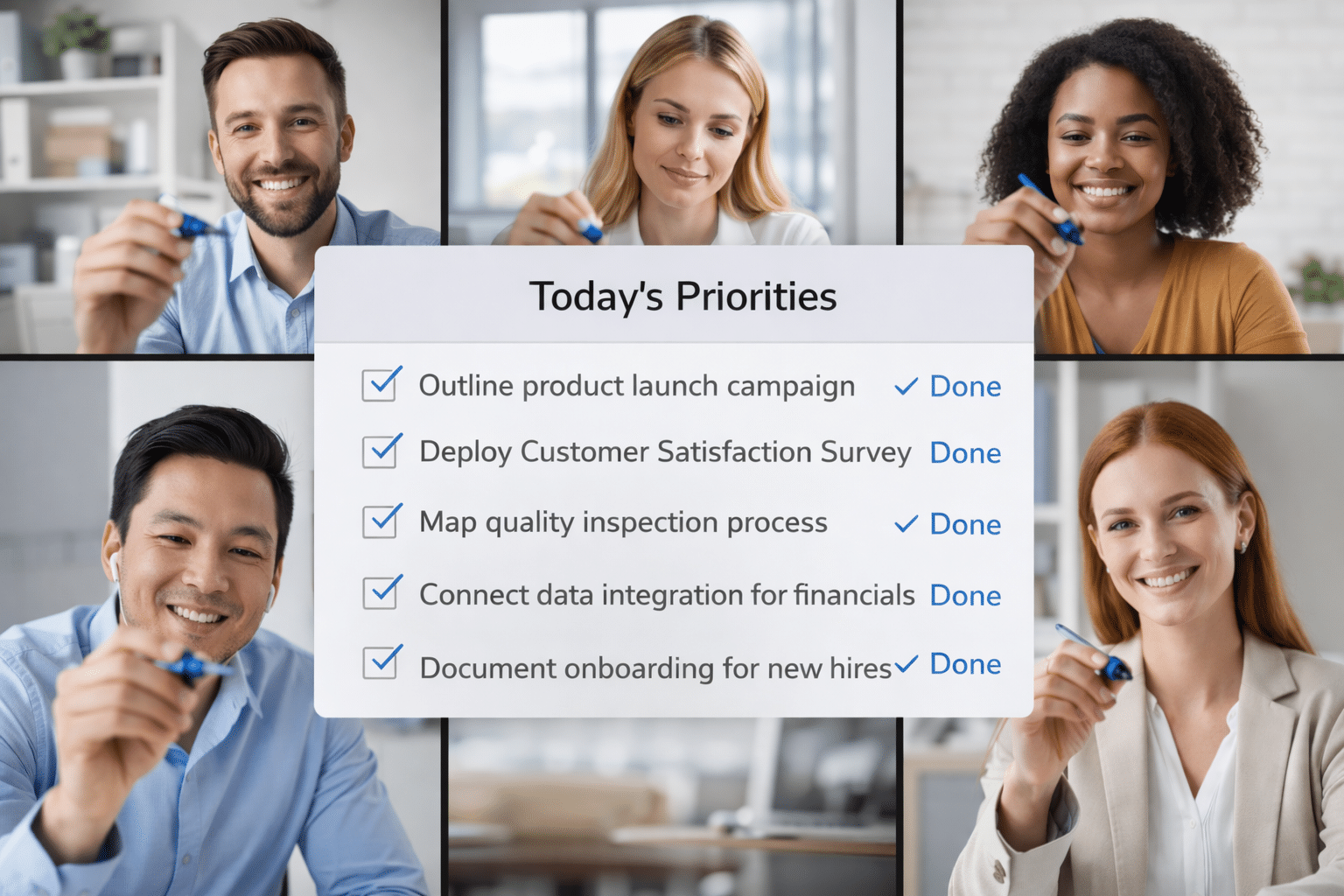Continuous Learning: The Importance of Ongoing Education for Leaders
The most successful leaders are those who commit to a path of lifelong learning. Continuous learning isn’t just a buzzword; it’s a strategic necessity that equips leaders with the agility and knowledge to handle new challenges and opportunities effectively.
Staying Ahead of the Curve
The rapid pace of technological advancements and the shifting dynamics of global markets require leaders to constantly update their skills and understanding. This isn’t merely about keeping up with industry trends; it’s about maintaining a competitive edge. As Jim Collins famously said in Good to Great, “The enemy of great is good.” In this context, resting on current knowledge can quickly turn today’s great leaders into tomorrow’s obsolete figures.
Building a Learning Culture
Leaders who prioritize their own education set a powerful example for their teams. It creates a culture of learning within the organization, where knowledge and innovation are valued and sought after. This culture not only attracts top talent but also fosters an environment where employees are motivated to climb their own learning curves.
Strategies for Effective Continuous Learning
- Structured Education: Enrolling in relevant courses, workshops, and seminars. These structured learning opportunities provide deep dives into specific topics, from technological innovations to new management theories.
- Peer Learning: Joining or creating groups of like-minded professionals. This network acts as a sounding board, providing diverse perspectives that challenge and refine your thinking.
- Self-Directed Learning: Keeping up with relevant books, articles, and podcasts. Leaders like Verne Harnish, author of Scaling Up, emphasize the value of being voracious readers and curious minds in leadership roles.
- Feedback Loops: Actively seeking feedback and using it as a learning tool. Constructive criticism helps leaders identify blind spots in their knowledge and adjust their approach accordingly.
- Reflective Practices: Taking time to reflect on past decisions and their outcomes. This practice can be transformative, turning every experience into a learning opportunity.
The Benefits of Being a Lifelong Learner
Leaders who engage in continuous learning reap significant benefits:
- Enhanced decision-making: With a broader knowledge base, leaders can make more informed decisions that anticipate rather than react to challenges.
- Increased adaptability: Learning fosters adaptability, preparing leaders to pivot strategies effectively when unexpected changes occur.
- Improved leadership skills: Ongoing education in leadership principles and strategies enhances a leader’s ability to inspire and guide their teams.
- Innovation stimulation: Exposure to new ideas and technologies encourages innovation, driving growth and improving organizational competitiveness.
Conclusion
For leaders aiming to excel in today’s dynamic business environment, continuous learning is not optional—it’s essential. By embracing a commitment to lifelong education, leaders can ensure they remain effective and relevant, no matter what the future holds. As they foster a culture of curiosity and knowledge-sharing, their organizations are better positioned to thrive in an ever-changing world.
Embrace the journey of continuous learning; the path you forge not only leads to personal growth but also paves the way for the sustained success of your organization.





